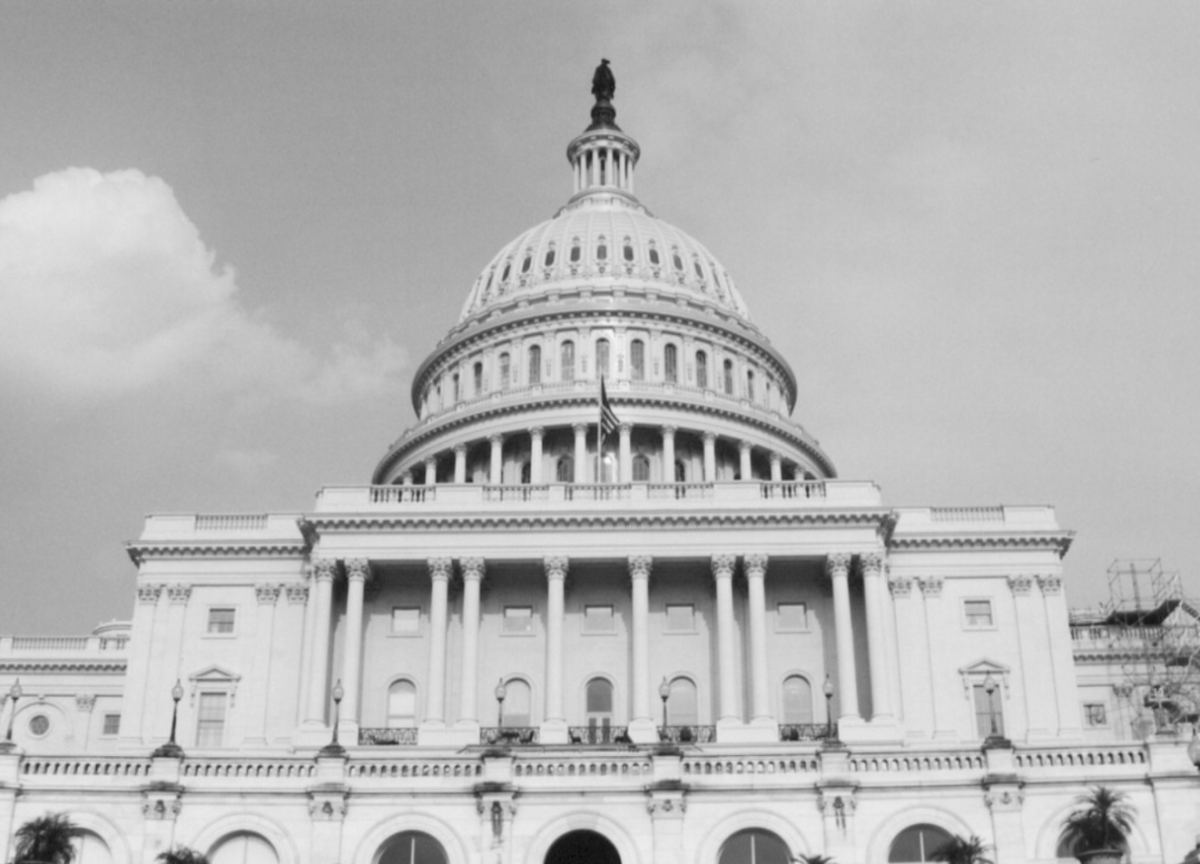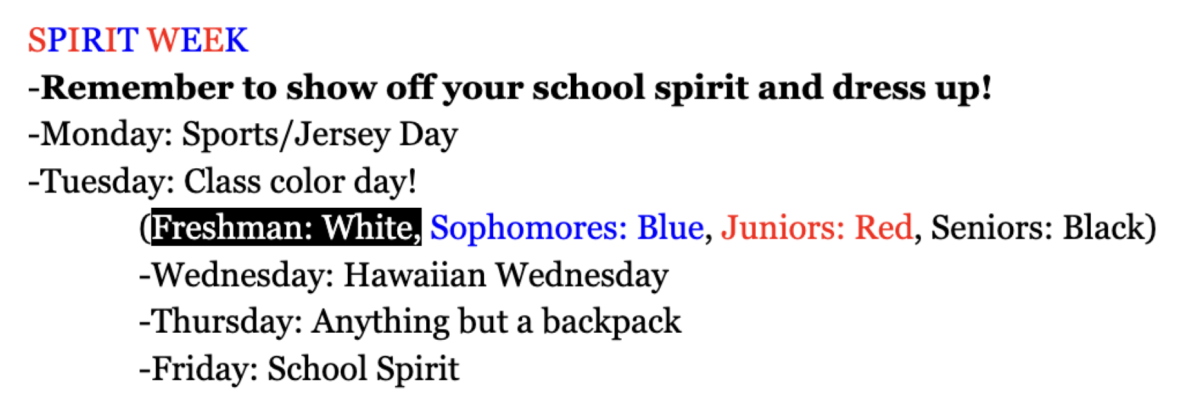Lauren Jung
Editor-in-Chief
Tomorrow marks many universities’ early action application deadlines. But as students scramble to turn in their paperwork and online forms, the stress isn’t only about getting into the college of their choice anymore — it’s figuring out how to pay for college in the midst of a dwindling economy.
“My mom is a real-estate agent, and the houses she is trying to sell aren’t selling and clients are backing out,” said senior Maxine Gaspar.
“The market is really slow right now because of the global recession, and we have to tap into our reserves to pay for everything while we have to wait for buyers to make transactions close,” said Arlene Gaspar, Maxine’s mother. “The money and savings we have are slowly being used to pay for our everyday needs like gas, food, lights, water and phone bills. All of our savings that were for college are drained just trying to keep up.”
The stock markets in the United States and abroad are still suffering and dropping despite the U.S. government’s efforts to curb the economic recession with a $700 billion bailout of the mortgage industry authorized by the Emergency Economic Stabilization Act of 2008, compounding the financial strain on students trying to pay for college.
“My mom invested my college fund money into the stock market,” said a student who asked not to be identified. “So when the stock market went down, we lost most of the money we had saved. Now I will probably get a job for the summer to try and save some money.”
All plans and investments, stocks and bonds included, are being affected by the economic situation according to financial adviser Sarah Man at Smith Barney.
“Families that have saved in stocks will see their savings go down,” said consultant Pierre Jospe from College Funding Strategies. “A lot of families have been encouraged to buy 529 plans, which are tax deferred investments in the market, to grow money for college. But because of the market, they have gone down in value and the families have lost some of the money they have put aside.”
Home equity lines, which in the past have served as solid resources for families to tap into for college, are no longer as valuable as before.
“With the current sub-prime mortgage crisis, home equity loans are harder to get and aren’t worth as much because homes have been devalued,” said Jospe.
“There is less home equity to claim, and therefore less money to be taken out as a loan for college.”
Some universities, like Harvard University, have factored in devaluing home equities and have eliminated these from their criteria in their financial aid decisions.
Record numbers of students are applying for financial aid amidst rising college costs, layoffs, home foreclosures and high living expenses.
“Tuition rises every year, that’s nothing new,” said Jospe. “What has changed, though, is the economic situation, and the number of people applying for financial aid are increasing.”
Nationally, 8.9 million students filed federal student aid forms during the first half of this year compared to 7.7 million students in 2007 over the same time period according to the data College tuition according to the U.S. Department of Education.
In California alone, 999,594 students requested federal financial aid during that 2008 period, accounting for an almost 20 percent increase over the number of students who applied in 2007.
Some private universities, like Stanford University, have multibillion-dollar endowment funds, which they are using to help many of their students in need of aid by eliminating tuition for students whose parents earn less than $100,000 a year.
“Many colleges are aware that this is a tough economic time for their applicants,” said Jospe. “The institutions will do as much as they can, but those colleges that don’t have substantial endowments will probably see their enrollment affected. It’s going to get much more competitive in the admission process. Since colleges are also affected by the economic situation and have less money, they are going to be more selective with whom they extend their money to.”
With the current economic situation changing from day-to-day, it is hard to say what exactly lies in the future.
“If people were to look 10 years ago, no one would have guessed that college tuition would be upwards of $50,000,” said Jospe. “We can’t really say what will happen in the next couple of years but the best thing students can do is to concentrate on their studies and get the best grades they can because higher education is a very competitive market.”








